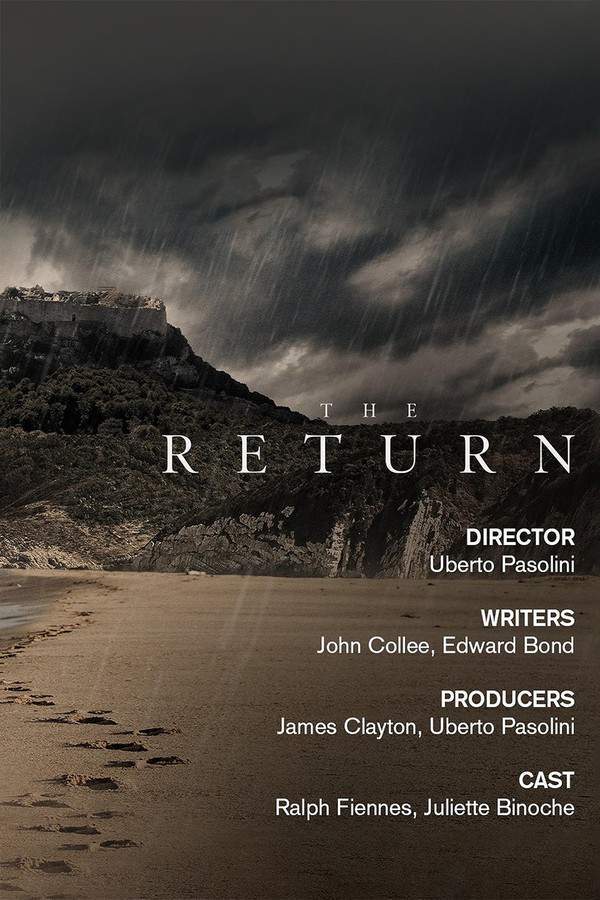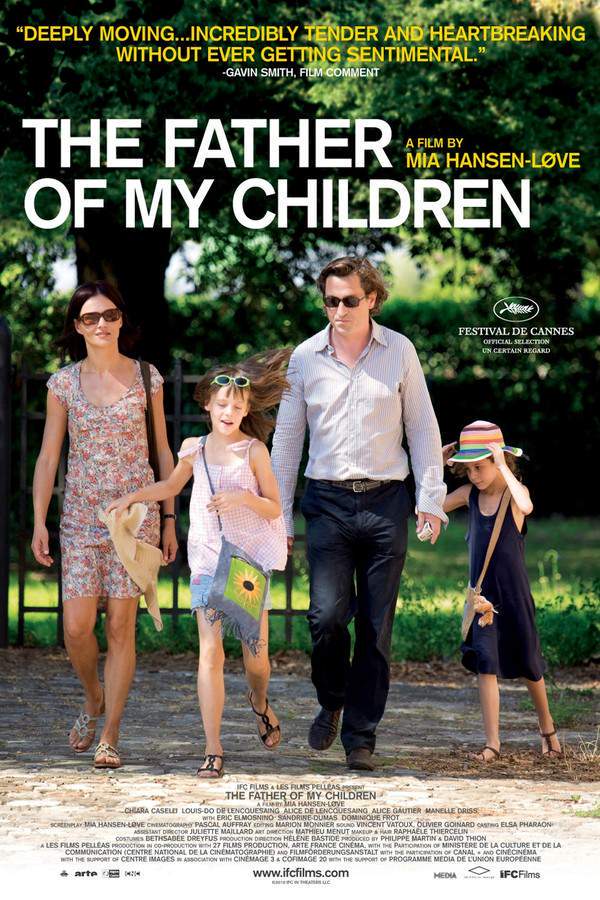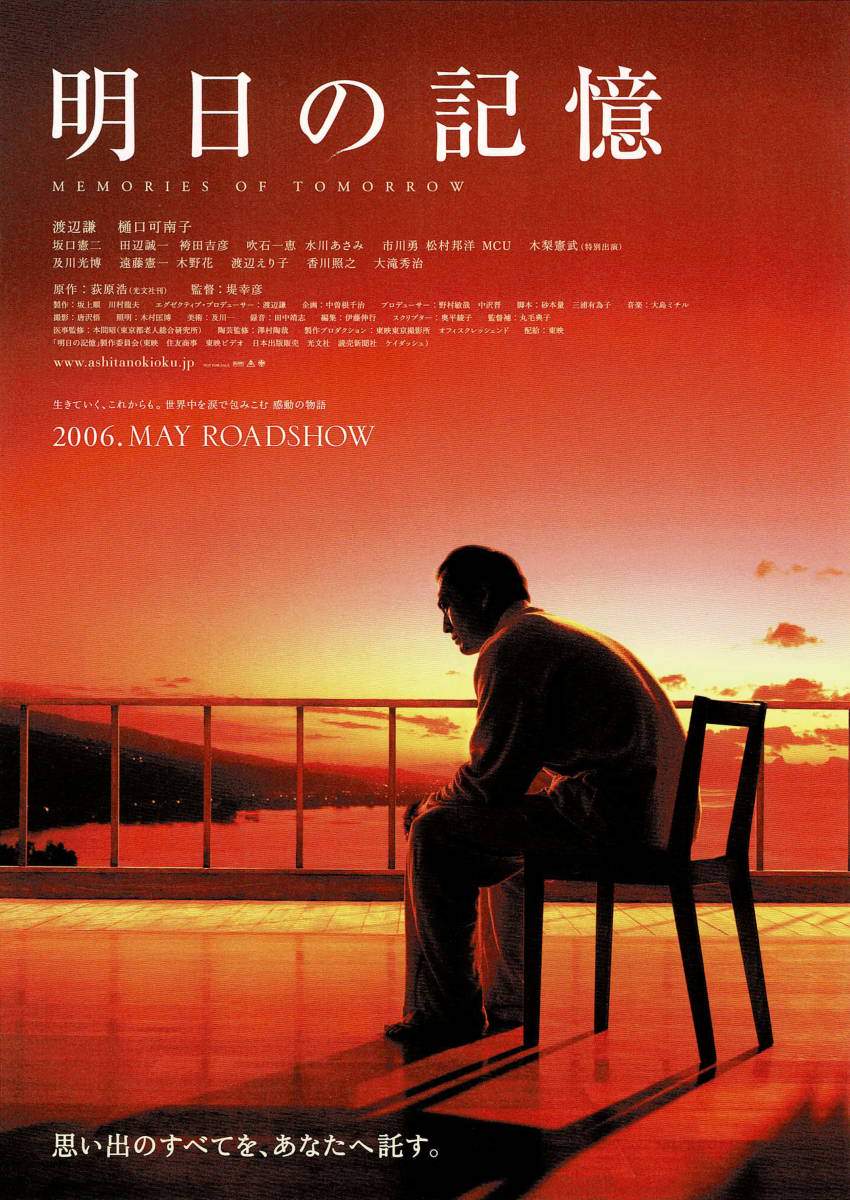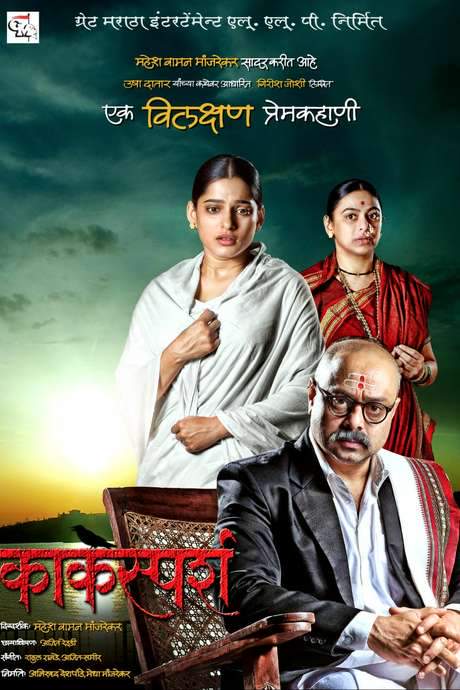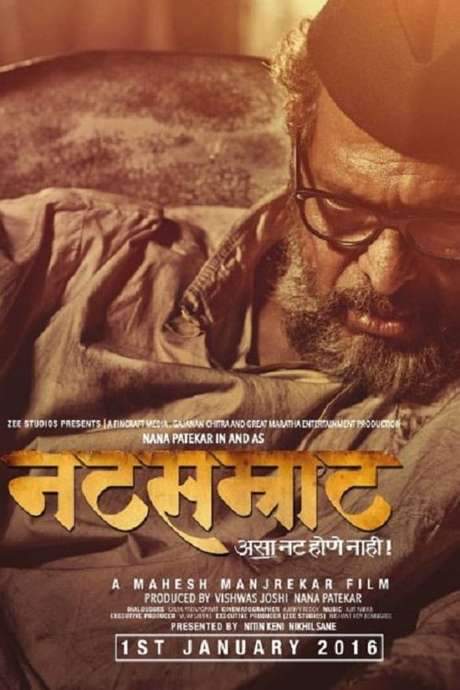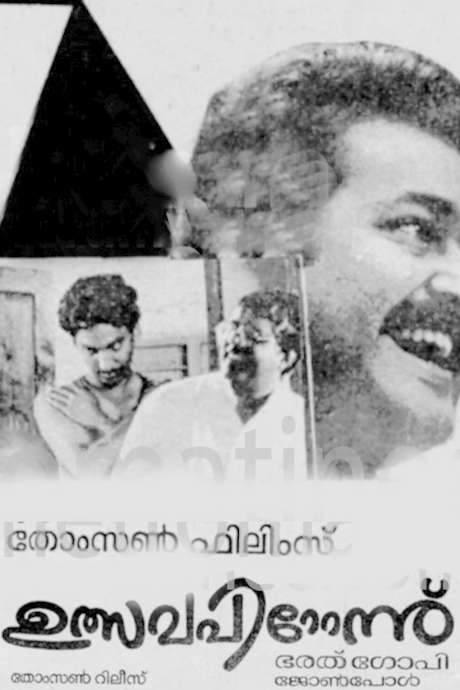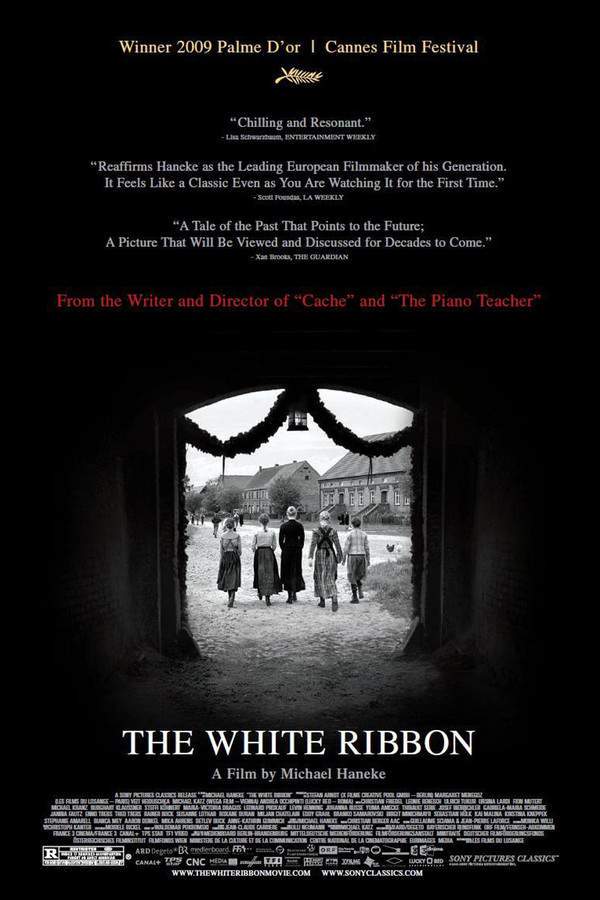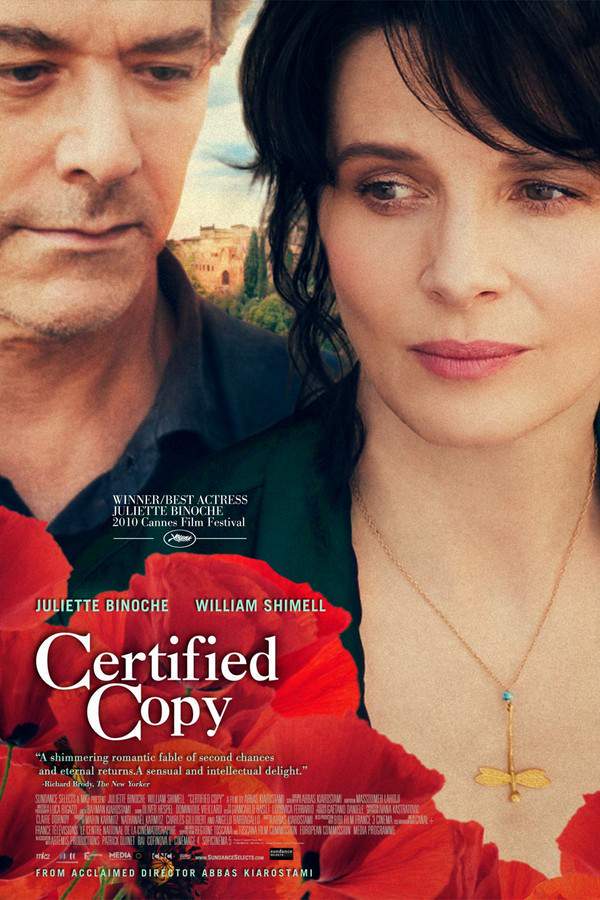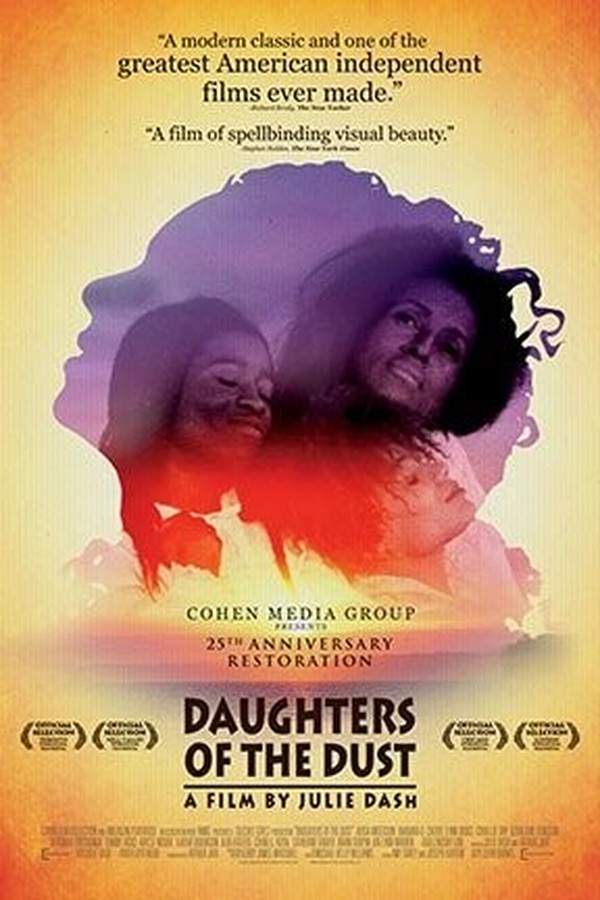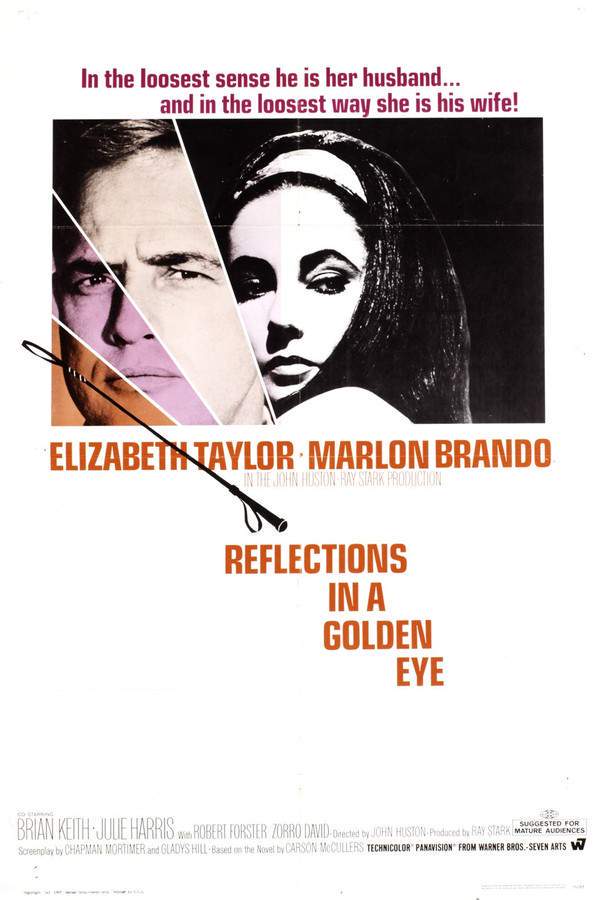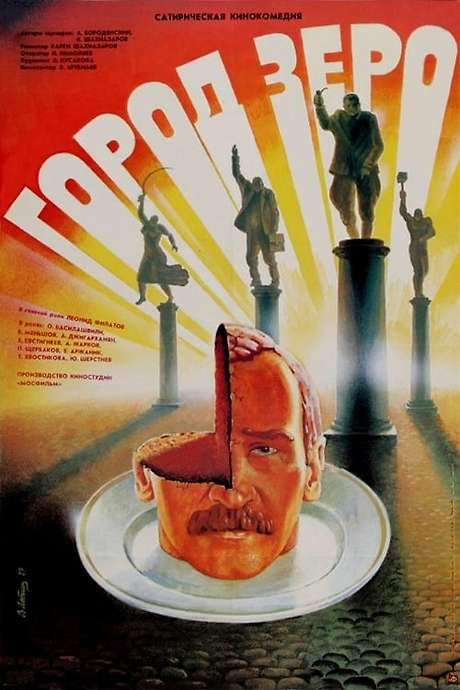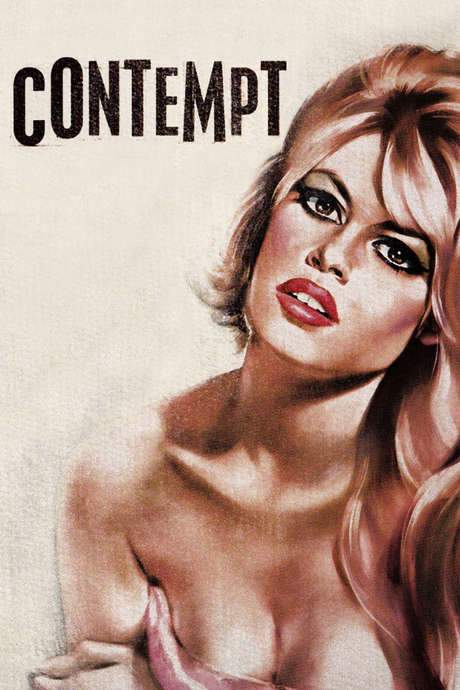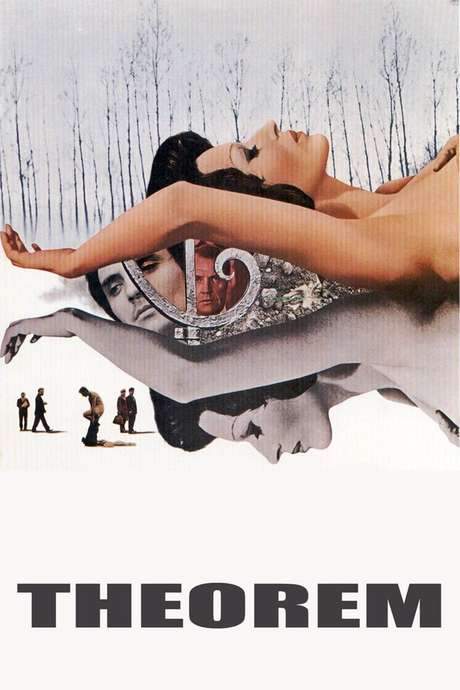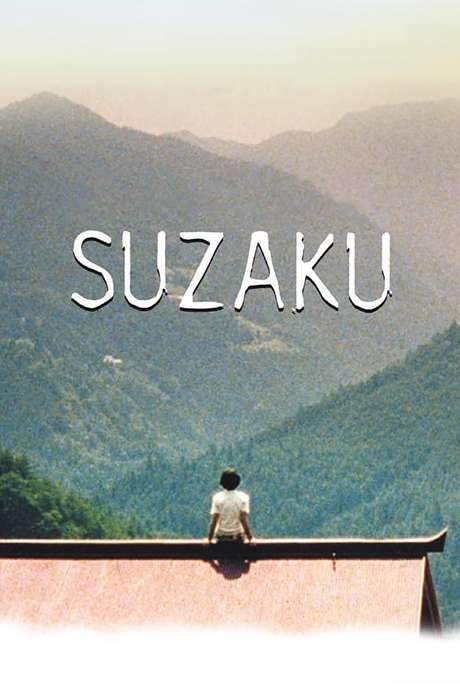
The Ceremony
Year: 1971
Runtime: 123 mins
Language: Japanese
Director: Nagisa Ôshima
Through Oshima’s expansive direction, the film follows the conflicted surviving heir of the Sakurada clan, using elaborate family rituals as a microcosm to mirror Japan’s militaristic ascent and subsequent decline over several decades, offering a nuanced portrait of tradition and change.
Warning: spoilers below!
Haven’t seen The Ceremony yet? This summary contains major spoilers. Bookmark the page, watch the movie, and come back for the full breakdown. If you're ready, scroll on and relive the story!
The Ceremony (1971) – Full Plot Summary & Ending Explained
Read the complete plot breakdown of The Ceremony (1971), including all key story events, major twists, and the ending explained in detail. Discover what really happened—and what it all means.
Masuo Sakurada, Kenzō Kawarasaki, receives a telegram from his cousin Terumichi announcing his own death, and he travels with his cousin Ritsuko Atsuko Kaku to check out a remote cabin and see if the message is true. The journey unfolds as a memory-laden road trip that forces Masuo to confront a past he barely understands. A flashback reveals the first anniversary of his father’s death, a moment that takes place after Masuo and his mother are repatriated to Japan from Huludao. The return is heavy with loss: Masuo’s younger brother died before they left, leaving Masuo bearing the weight of an expectation to become the bearer of two sons for the family lineage.
The film moves through a series of ceremonial moments that lay bare a tangled family web, where loyalties, secrets, and boundaries blur. Within these gatherings, the film does not shy away from difficult and unsettling truths, including incestuous undertones that complicate how each relation is understood. The atmosphere is charged by unspoken attractions and rivalries: Masuo finds himself drawn to Setsuko, a path that leads him toward another, Ritsuko, and he finds himself in quiet competition with Terumichi for these affections.
Masuo’s life is defined by his sacrifice for the family. A gifted baseball player by talent, he abandons the sport after his mother dies, keeping only his glove as a memento. This act of renunciation becomes a recurring motif of restraint and obedience, a way to maintain his place within a lineage that demands conformity. The story’s emotional apex arrives during a marriage ceremony arranged by the grandfather, a figure who holds centuries of family expectations in his hands. Masuo endures the ceremony as an absentee bride is brought into the fold, and afterward he often suppresses his anger, finally releasing his pent-up frustration and hatred toward the grandfather who shaped so much of his life. The old man dies years later, and at his memorial, Masuo is pressed by his uncles to marry quickly again in order to secure another heir.
Toward the end, Masuo and Ritsuko reach Terumichi’s cabin, discovering that the telegram was indeed true. Ritsuko grapples with an overwhelming sense of duty, feeling compelled to join Terumichi in death, a lover’s end that leaves Masuo to step outside and confront a long-vanished childhood. The film closes with a recollection of youth: Masuo recalls playing baseball with his cousins and Setsuko, a circle of beloved figures who have all perished, leaving a haunting sense of what was lost and what the family has endured.
The legacy at the heart of the story is not just blood but memory, duty, and the cost of surviving within a family that binds its members to an unyielding lineage. The drama is intimate, patient, and morally complex, inviting viewers to observe how love, obligation, and tradition intersect—and how, sometimes, the bravest act is simply to keep moving forward.
-
Grandfather Sakurada Kazuomi, Kei Satô
-
Old Chief Tachibana Takeyo, Eitarô Ozawa
-
Terumichi Tachibana, Atsuo Nakamura
-
Isamu’s flower girl, Chisako Hara
-
Isamu, Hōsei Komatsu
-
Setsuko, Akiko Koyama
-
Masuo’s family names and ties, including Kenzō Kawarasaki, Nobuko Otowa, Fumio Watanabe, Rokkō Toura, Maki Takayama, Sue Mitobe, Shizue Kawarazaki, and Atsuko Kaku all contribute to a family portrait where names, roles, and fates intertwine.
Last Updated: October 09, 2025 at 10:48
Explore Movie Threads
Discover curated groups of movies connected by mood, themes, and story style. Browse collections built around emotion, atmosphere, and narrative focus to easily find films that match what you feel like watching right now.
Slow burn family tragedy like in The Ceremony
Unflinching portraits of families buckling under the weight of legacy.If you liked the patient, ceremonial unraveling of family in The Ceremony, explore more movies like it. This collection features similar complex dramas about dysfunctional families, heavy emotional weight, and melancholic endings driven by duty and generational trauma.
Narrative Summary
Stories in this thread often unfold through key family gatherings or flashbacks, revealing how past traumas and rigid traditions create a suffocating environment for the present generation. The narrative arc is typically a gradual, inevitable decline towards a tragic outcome for one or more characters.
Why These Movies?
Movies are grouped here for their shared focus on the slow, melancholic destruction of a family, their deliberate pacing that builds oppressive dread, and their heavy emotional weight stemming from themes like duty, loss, and unresolved trauma.
Movies that critique tradition through ceremony like The Ceremony
Stories that use rituals to expose the cracks in society.For viewers who appreciated how The Ceremony used family rituals to mirror Japan's history, this section finds similar movies. Discover films where ceremonies and tradition serve as a lens to explore complex themes like societal change, duty, and the weight of the past.
Narrative Summary
The narrative pattern involves a structured event—a wedding, a funeral, a reunion—that forces characters to confront buried truths and systemic flaws. The ceremony itself is often deconstructed, revealing it as a fragile facade masking deeper conflicts, personal suffering, or historical baggage.
Why These Movies?
These films share a specific structural approach: using a ceremonial framework to deliver a nuanced sociological or political critique. They are united by a meditative, complex narrative style and a somber, introspective mood that questions the very foundations of the traditions they depict.
Unlock the Full Story of The Ceremony
Don't stop at just watching — explore The Ceremony in full detail. From the complete plot summary and scene-by-scene timeline to character breakdowns, thematic analysis, and a deep dive into the ending — every page helps you truly understand what The Ceremony is all about. Plus, discover what's next after the movie.
The Ceremony Timeline
Track the full timeline of The Ceremony with every major event arranged chronologically. Perfect for decoding non-linear storytelling, flashbacks, or parallel narratives with a clear scene-by-scene breakdown.

Characters, Settings & Themes in The Ceremony
Discover the characters, locations, and core themes that shape The Ceremony. Get insights into symbolic elements, setting significance, and deeper narrative meaning — ideal for thematic analysis and movie breakdowns.

The Ceremony Spoiler-Free Summary
Get a quick, spoiler-free overview of The Ceremony that covers the main plot points and key details without revealing any major twists or spoilers. Perfect for those who want to know what to expect before diving in.

More About The Ceremony
Visit What's After the Movie to explore more about The Ceremony: box office results, cast and crew info, production details, post-credit scenes, and external links — all in one place for movie fans and researchers.

Similar Movies to The Ceremony
Discover movies like The Ceremony that share similar genres, themes, and storytelling elements. Whether you’re drawn to the atmosphere, character arcs, or plot structure, these curated recommendations will help you explore more films you’ll love.
Explore More About Movie The Ceremony
The Ceremony (1971) Scene-by-Scene Movie Timeline
The Ceremony (1971) Movie Characters, Themes & Settings
The Ceremony (1971) Spoiler-Free Summary & Key Flow
Movies Like The Ceremony – Similar Titles You’ll Enjoy
Ceremony (2011) Ending Explained & Film Insights
Born Bone Born (2018) Complete Plot Breakdown
Distance (2001) Ending Explained & Film Insights
Why Not? (1981) Story Summary & Characters
The Makioka Sisters (1983) Detailed Story Recap
The Funeral (1984) Movie Recap & Themes
The Pornographers (1966) Story Summary & Characters
Bushido: The Cruel Code of the Samurai (1963) Plot Summary & Ending Explained
The Orgy (1967) Complete Plot Breakdown
Funeral Parade of Roses (1969) Plot Summary & Ending Explained
The Daughter of the Samurai (1937) Story Summary & Characters
Brother and Sister (1953) Full Movie Breakdown
The Ceremony (1979) Full Summary & Key Details
The Affair (1967) Full Movie Breakdown
Suzaku (1997) Full Summary & Key Details

